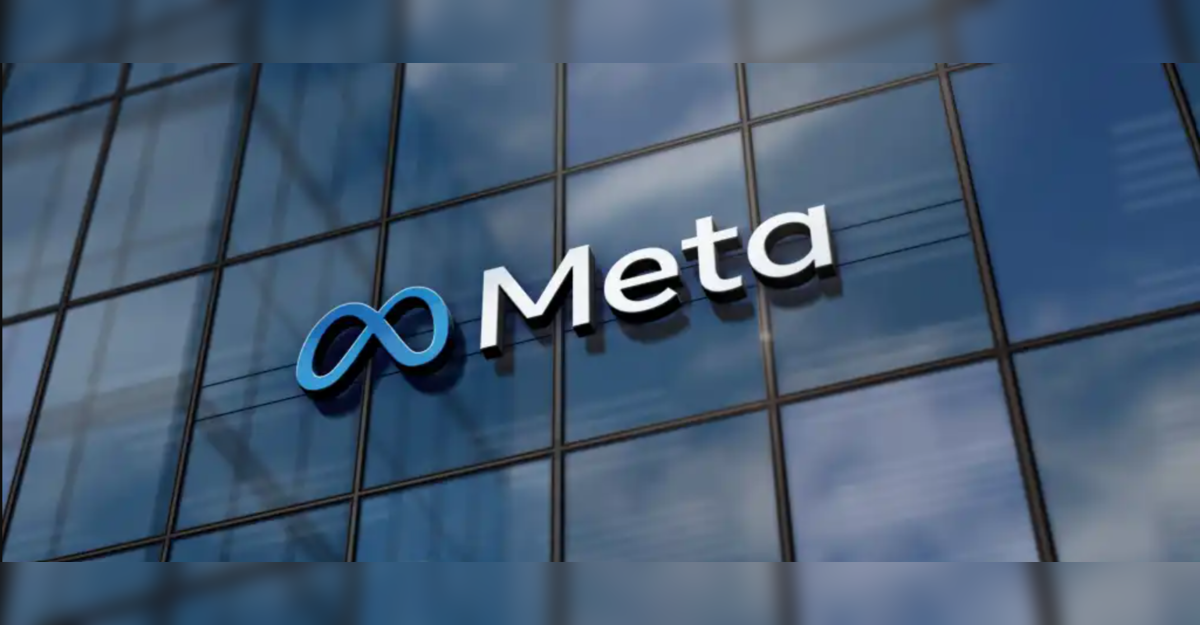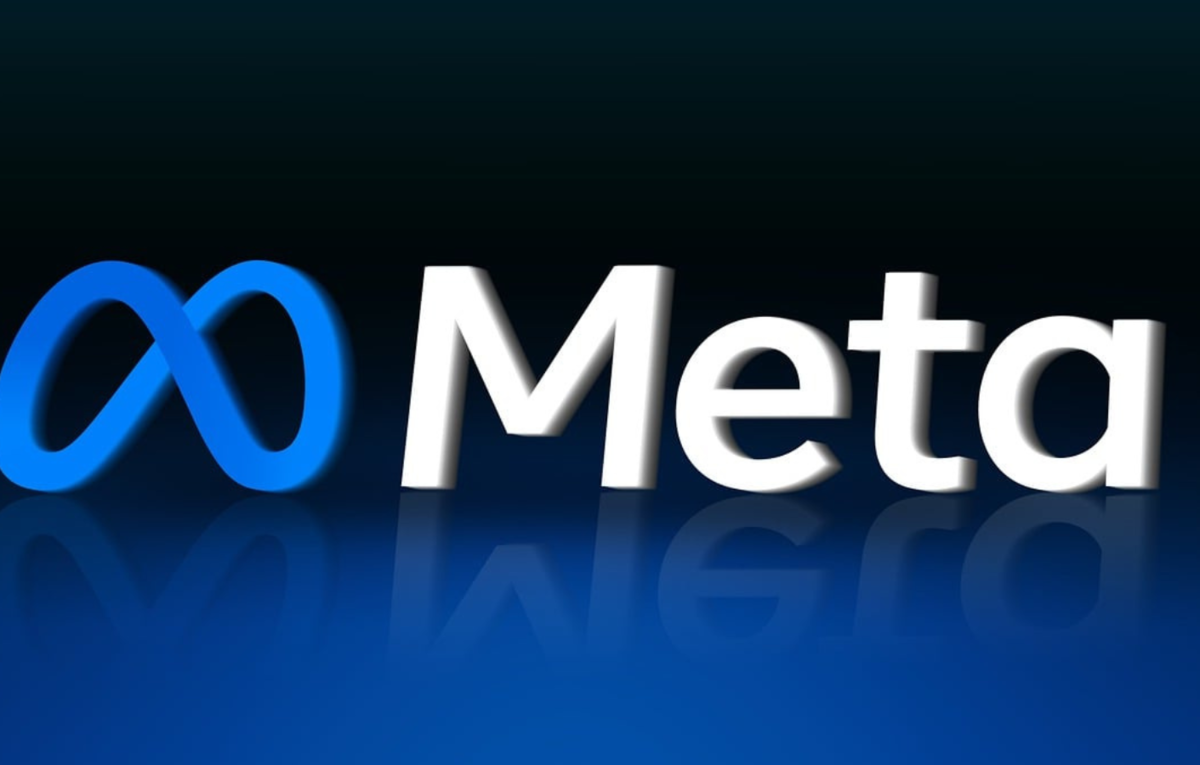Meta's Major Investment in Scale AI and Partnership Details

Meta has made an unusual and significant investment in the artificial intelligence startup Scale AI, securing a 49% non-voting stake in a deal that values Scale AI at over $29 billion. This strategic move, involving a $14.8 billion investment, diverges from a typical acquisition by distributing proceeds as dividends to existing shareholders and vested equity holders, granting them substantial liquidity while allowing them to retain their shareholder status. Notably, Meta is also bringing Scale AI's acclaimed founder and CEO, Alexandr Wang, who famously dropped out of MIT at age 19, into its fold as part of the arrangement, while he maintains a position on Scale's board with appropriate information access restrictions.
The structure of this deal, which includes a substantial dividend payout (such as Accel's reported $2.5 billion), is seen by many as akin to buying the company without formally acquiring a controlling stake. This approach appears designed to avoid the rigorous review typically required by U.S. antitrust regulators for outright acquisitions or transactions that would grant a controlling interest. Such deals, often termed 'acquihire,' have drawn criticism for potentially attempting to evade regulatory scrutiny, prompting questions about their impact on market competition.
Despite the non-controlling stake, concerns about competitive implications are already emerging. While Scale AI stated its commitment to protecting customer data and maintaining business strength, Reuters exclusively reported that Alphabet's Google has decided to sever ties with Scale in light of Meta's investment, with other customers reportedly considering similar steps. This highlights potential pitfalls, such as the risk of competitors losing access to Scale's critical AI training data services or Meta gaining an unfair inside view into rivals' operations through its partial ownership.
The regulatory environment under the Trump administration is perceived by large tech companies as potentially more lenient for AI partnerships compared to the previous Biden administration. William Kovacic, director of the competition law center at George Washington University, noted that while Trump's antitrust enforcers express reluctance to regulate AI development, they maintain a suspicion of large tech platforms, suggesting continued careful observation of such deals. Past FTC inquiries into similar 'acquihire' deals, such as Amazon's deal with Adept and Microsoft's with Inflection AI, have largely seen no further enforcement action, although Microsoft faces an ongoing broader probe.
Nevertheless, Meta's deal faces skepticism from some quarters. U.S. Senator Elizabeth Warren, a Democrat who has been probing AI partnerships involving major tech companies, has called for scrutiny of Meta's investment. She asserted that if the deal violates federal law by unlawfully squashing competition or facilitating Meta's illegal market dominance, antitrust enforcers should investigate and intervene. While Meta is currently facing its own monopoly lawsuit by the FTC, the agency's stance on this specific Scale AI investment remains to be seen. The U.S. Department of Justice's antitrust division has also reportedly begun examining whether Google's partnership with Character.AI was structured to evade antitrust review, indicating a broader focus on such strategic AI alliances within the industry.
Scale AI's continued prominence, reinforced by this substantial capital injection, underscores its vital role in advancing data annotation and machine learning capabilities. This investment reflects a broader trend of significant funding flowing into cutting-edge AI technologies, alongside other crucial sectors like cybersecurity, networking, enterprise software, and robotics. The partnership with Meta is poised to further fuel innovation and expand Scale AI’s reach, positioning it as a key player in providing essential infrastructure for the evolving AI landscape.










